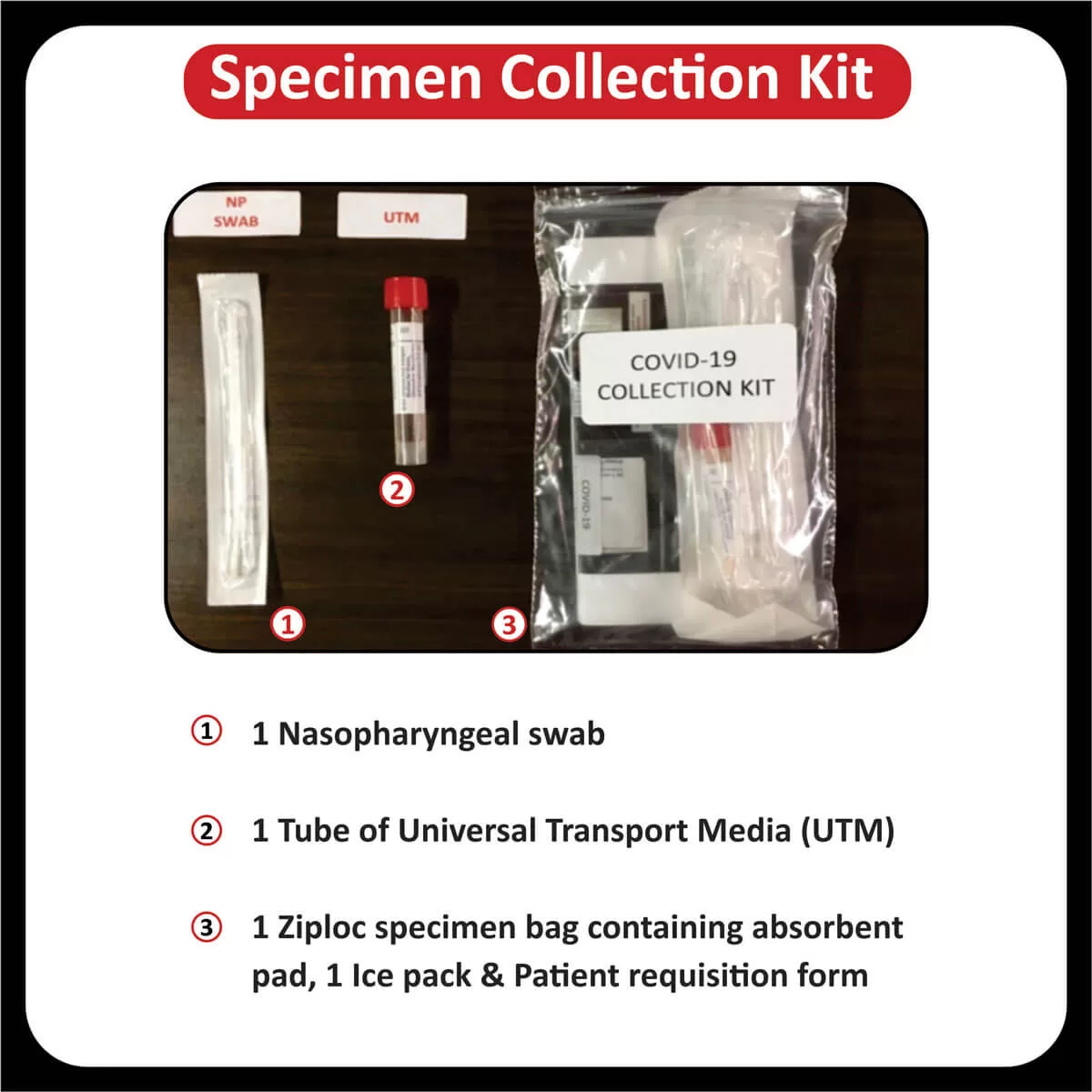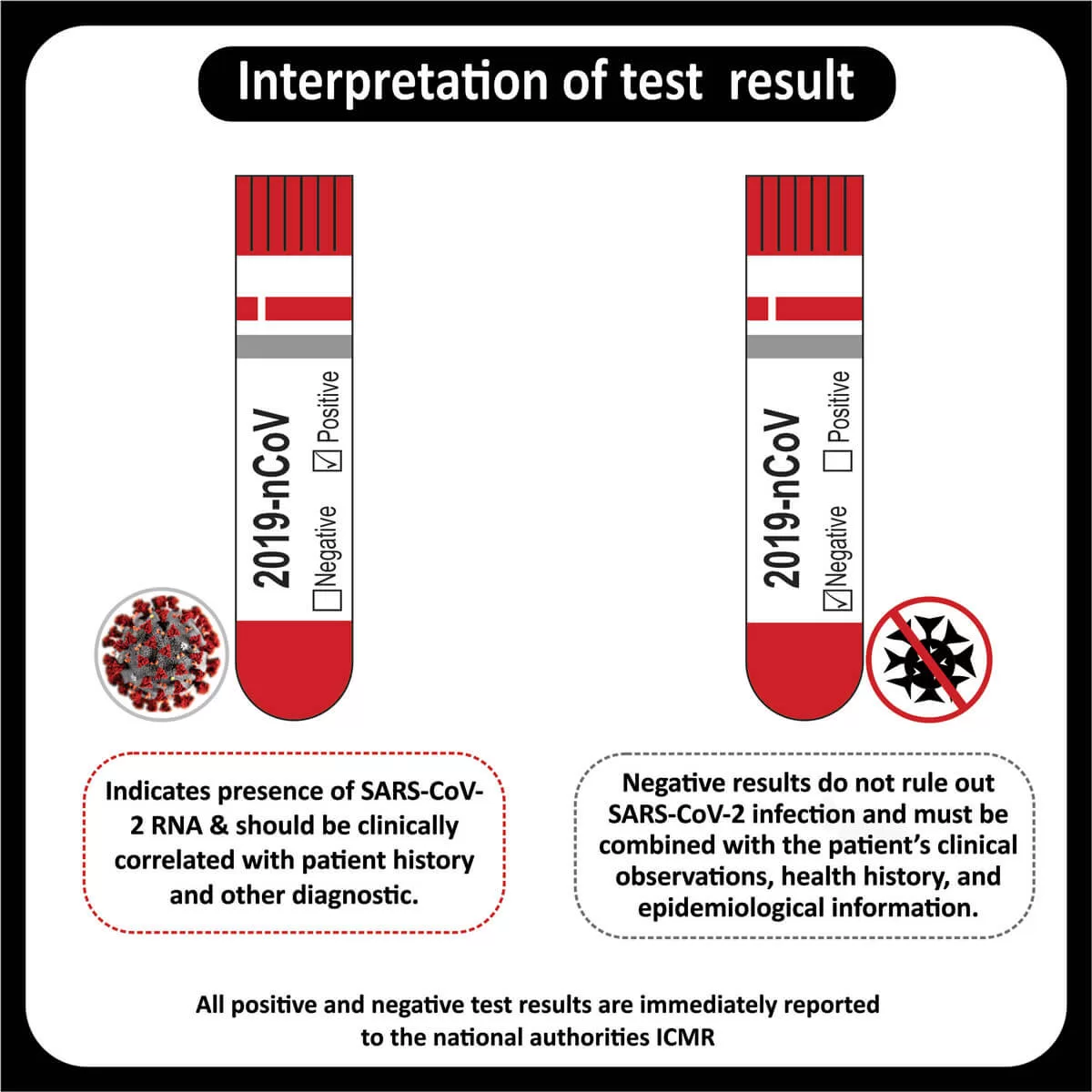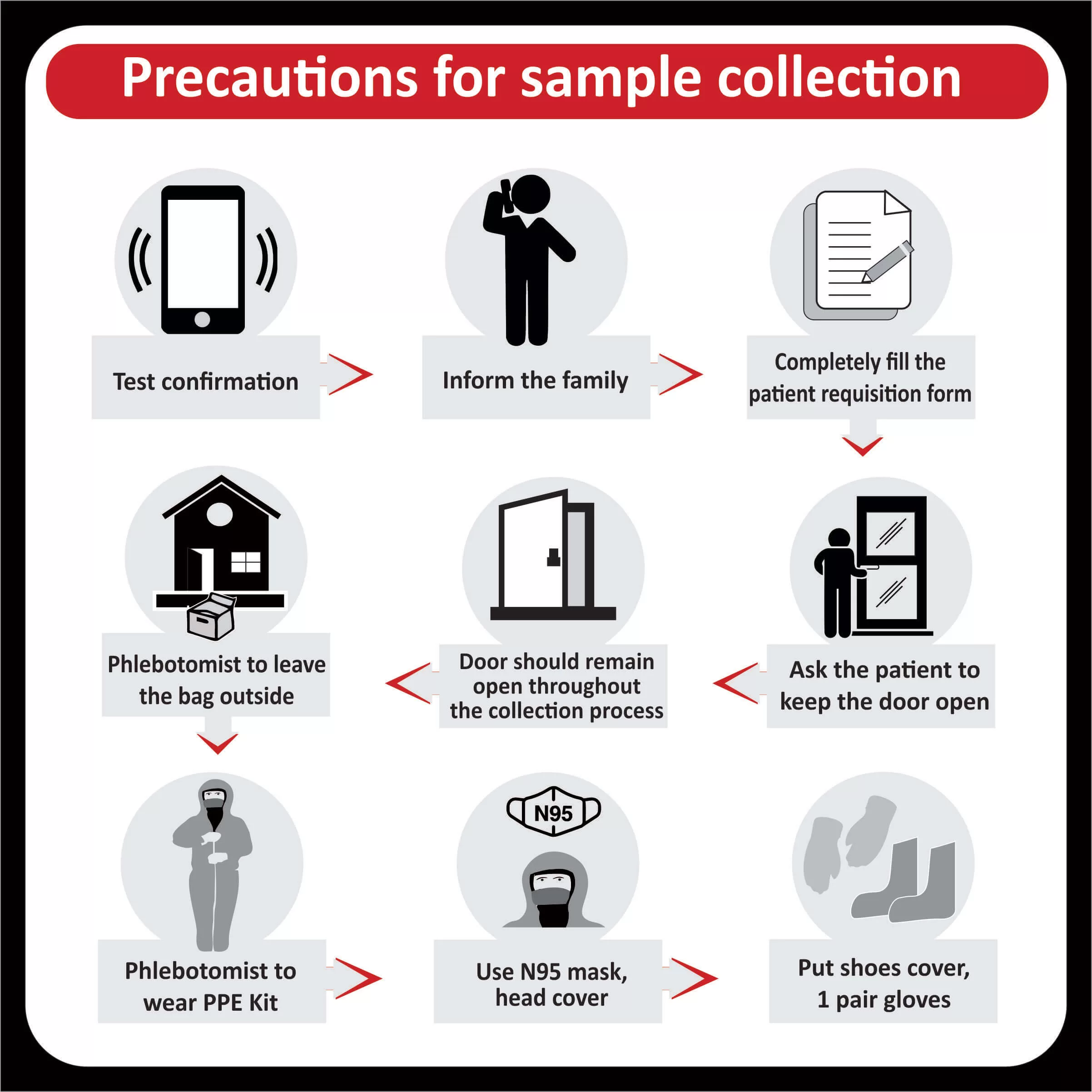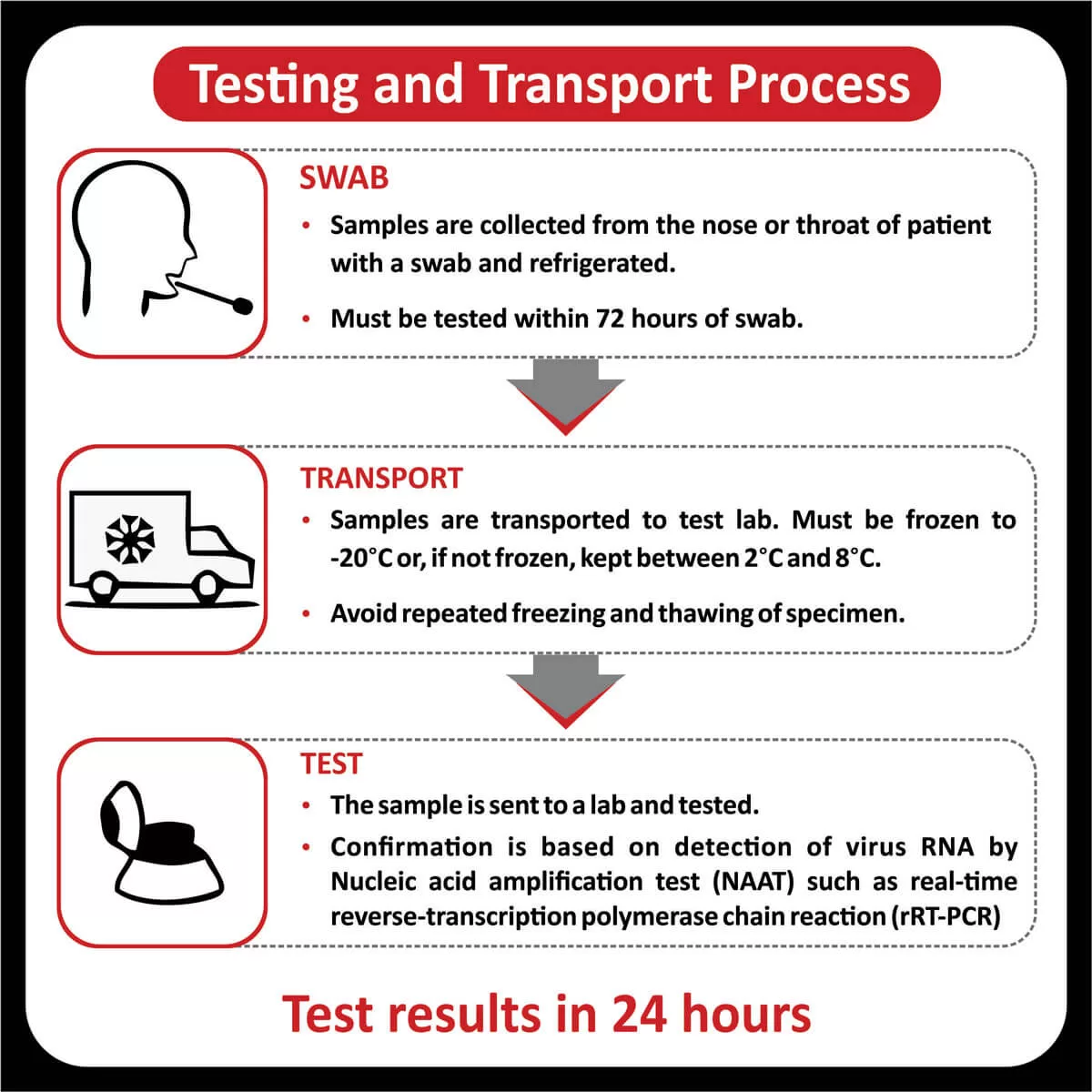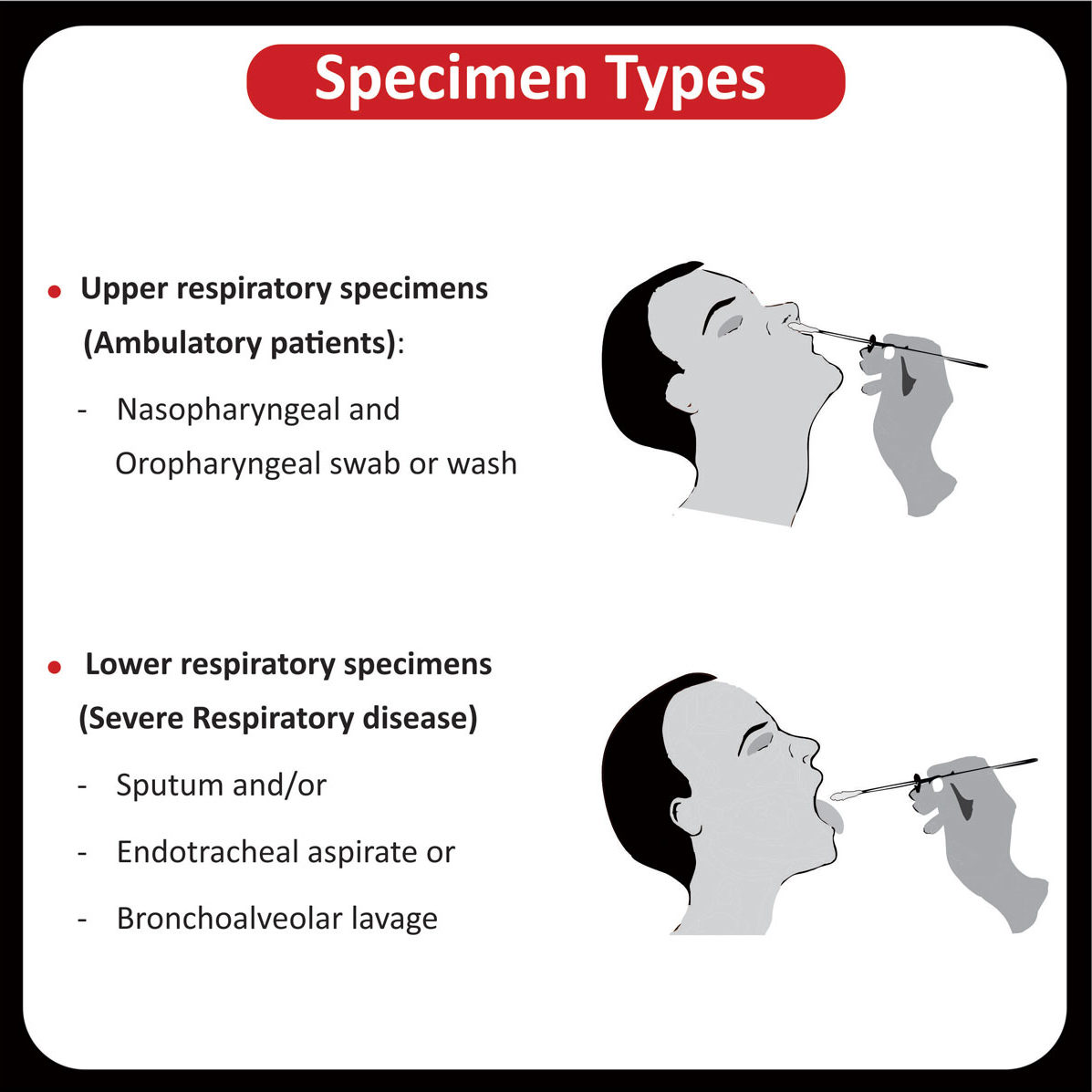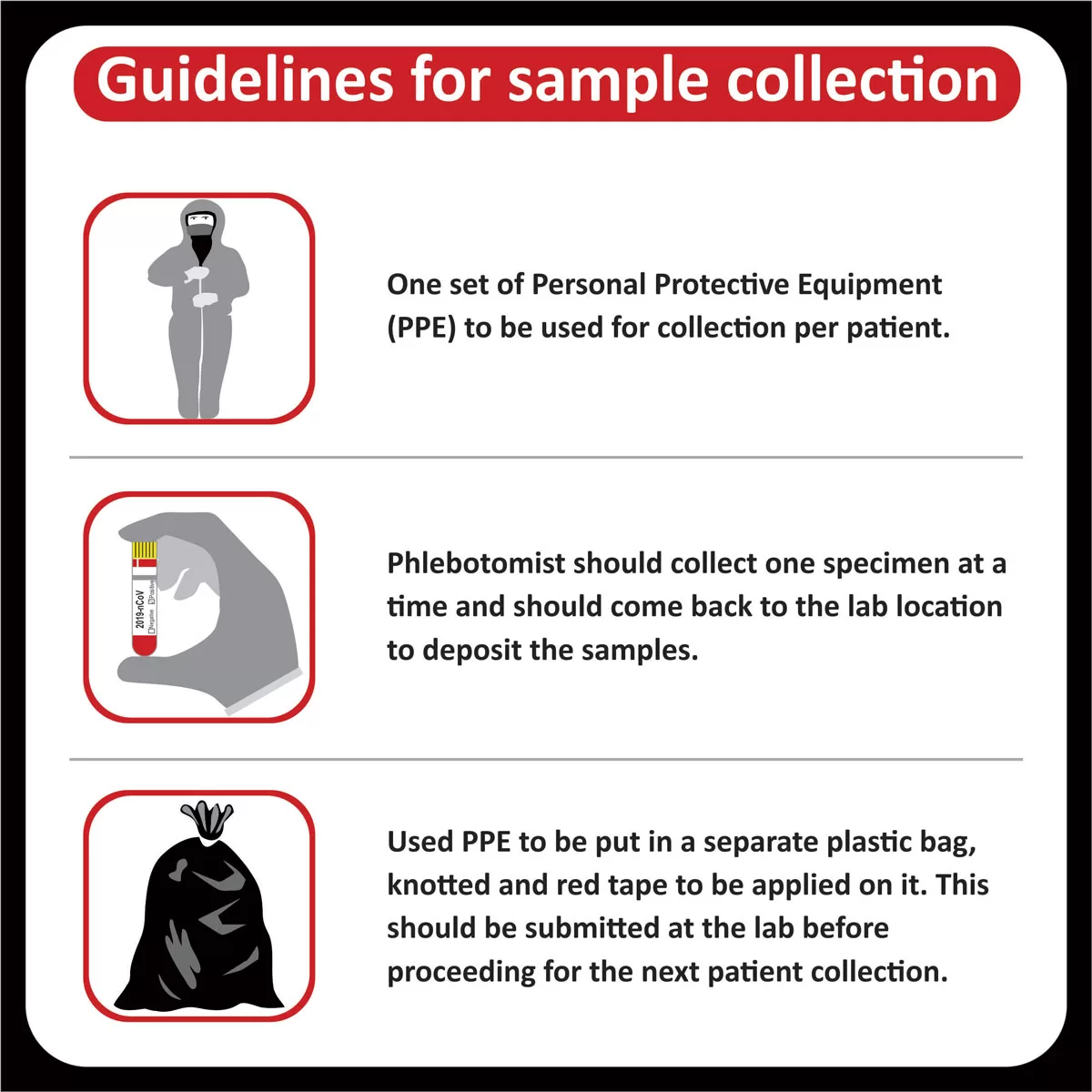The FDA granted approval to Gilteritinib for the treatment of adult patients who have relapsed or refractory acute myeloid leukemia (AML) with an FLT3 mutation (Read more). The FDA also expanded the approval of the LeukoStrat CDx FLT3 Mutation companion diagnostic test to include use with Gilteritnib.
The FDA recently granted breakthrough therapy designation to LOXO-292, a selective RET inhibitor, for the treatment of patients with advanced RET fusion–positive thyroid cancer who require systemic therapy, have had disease progression following prior treatment, and have no acceptable alternative treatment options (Read more). This drug was also recently approved in RET-fusion positive NSCLC and solid tumors with increased RET activity.
The FDA granted accelerated approval to Lorlatinib (Lorbrena) as the first ALK inhibitor therapy for metastatic disease for patients with anaplastic lymphoma kinase (ALK)–positive metastatic non–small cell lung cancer (NSCLC) whose disease has progressed on Crizotinib (Xalkori) and at least one other ALK inhibitor for metastatic disease, or whose disease has progressed on Alectinib (Alecensa) or Ceritinib (Zykadia) (Read more).
The FDA granted accelerated approval to Pembrolizumab (Keytruda) for patients with hepatocellular carcinoma (HCC) who have been previously treated with the kinase inhibitor Sorafenib (Read more). Overall response rate was 17% among 104 patients with advanced HCC previously treated with Sorafenib.
The FDA approved Glasdegib (Daurismo) tablets to be used in combination with low-dose Cytarabinefor the treatment of newly diagnosed Acute myeloid leukemia (AML) in adults who are 75 years of age or older or with co-morbidities that may preclude the use of intensive chemotherapy. Glasdegib is the first and now the only FDA-approved Hedgehog pathway inhibitor for AML (Read more).
Outcome of a double blind phase III clinical trial confirmed improved relapse-free survival with adjuvant Dabrafenib (Tafinlar) plus Trametinib (Mekinist) versus placebo in resected BRAF V600–mutant stage III melanoma (Read more). Estimated relapse-free survival rates was found to be 59% versus 40% at 3 years and 54% versus 38% at 4 years.
According to recent clinical trial results, combination of Nivolumab (Opdivo) and low-dose Ipilimumab (Yervoy) showed a 12-month progression free survival rate of 77% and 83% overall survival rate in patients with microsatellite instability–high (MSI-H), mismatch repair–deficient (dMMR) metastatic colorectal cancer (Read more). The combination resulted in the reduction in tumor size and beneficial effects on survival.


